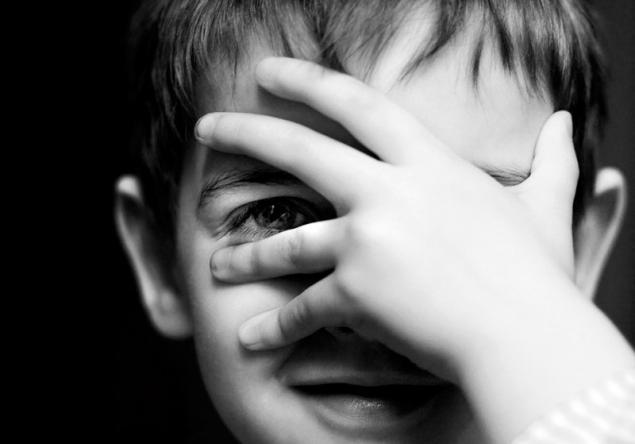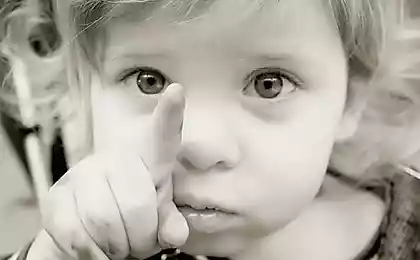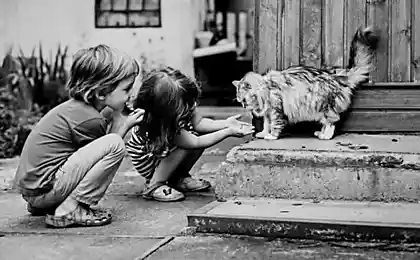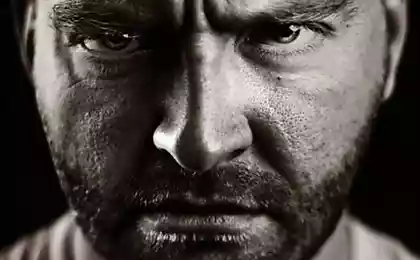481
Children's conflicts: a right to be angry
You were hurt and angry... It's natural!Imagine that you have a child. If you really have a child, you it is easy to imagine.

Now imagine that this child is a boy. And studying in third grade.
And the other day he was playing after school with classmates in the school yard, and one girl hit him with a snowball in the face with all his might. A boy hit her back with a stick. And now the girl has a bruise, and my leg hurts, and her mom wants to talk to you about what happened. What will you experience?
I think you remember the same patterns:
What if we start from the other ideas? That conflicts are inevitable, and the challenge is not to prevent them, and to teach the child to solve them?
The girl in the game caused damage to the boy – it happens! There was no intention, but, nevertheless, the damage happened. But if the damage was, the anger of the boy is quite natural!
"You're hurt, and angry... It's natural. However, the response of the stick exceeded the damage; the girl now sore leg. See impulsive action, even a seemingly fair, can cause even more damage!
You need to learn a lesson: you can be mad, but you need to be careful in responses, because you can cause even more pain than I went through...."
I think, child, that recognized a right to be angry, you will hear, and will cooperate and not to resist. It does not have neither shame nor blame, nor to deny responsibility for their actions.
If we recognize the right of the child to feelings, he is able to draw conclusions about that relationship is fragile, and the more you will understand about boundaries – their own and others. In the future, rightfully angry, will tell about their anger, their boundaries, avoiding action that destroys the relationship. published

Author: Veronica Brown
P. S. And remember, just changing your mind — together we change the world! ©
Source: //www.facebook.com/veronika.hlebova.9/posts/10207492760493188

Now imagine that this child is a boy. And studying in third grade.
And the other day he was playing after school with classmates in the school yard, and one girl hit him with a snowball in the face with all his might. A boy hit her back with a stick. And now the girl has a bruise, and my leg hurts, and her mom wants to talk to you about what happened. What will you experience?
- This story is very typical: the various kinds of quarrels, fights and conflicts of interest happen all the time.
- Children learn to interact and clashes, they want to appeal to the authority of adults.
- They want to learn from the experience? How to defend their interests, while remaining in the relationship?
I think you remember the same patterns:
- to suppress your child by reading to him the moral about how bad to hit girls and to fight at all;
- to suppress someone else's child in the spirit: my fault, watch where you throw, and generally need to be modest, not to throw snowballs at the boys:
- sprinkle ashes on his head: "I'm a terrible mother, what kind of monster raised"
What if we start from the other ideas? That conflicts are inevitable, and the challenge is not to prevent them, and to teach the child to solve them?
The girl in the game caused damage to the boy – it happens! There was no intention, but, nevertheless, the damage happened. But if the damage was, the anger of the boy is quite natural!
"You're hurt, and angry... It's natural. However, the response of the stick exceeded the damage; the girl now sore leg. See impulsive action, even a seemingly fair, can cause even more damage!
You need to learn a lesson: you can be mad, but you need to be careful in responses, because you can cause even more pain than I went through...."
I think, child, that recognized a right to be angry, you will hear, and will cooperate and not to resist. It does not have neither shame nor blame, nor to deny responsibility for their actions.
If we recognize the right of the child to feelings, he is able to draw conclusions about that relationship is fragile, and the more you will understand about boundaries – their own and others. In the future, rightfully angry, will tell about their anger, their boundaries, avoiding action that destroys the relationship. published

Author: Veronica Brown
P. S. And remember, just changing your mind — together we change the world! ©
Source: //www.facebook.com/veronika.hlebova.9/posts/10207492760493188
7 wonderful habits that will change your life for the better
Brené brown: 4 "truths" that make us unhappy























